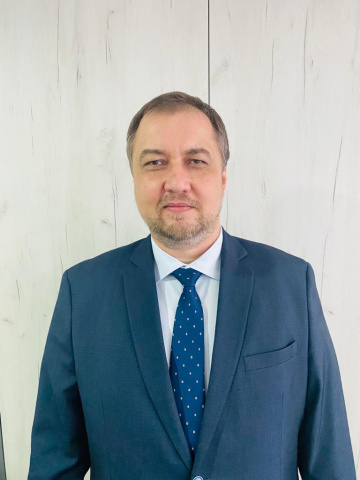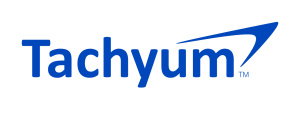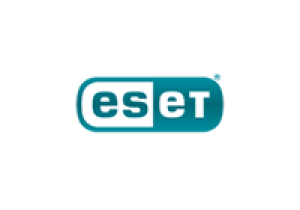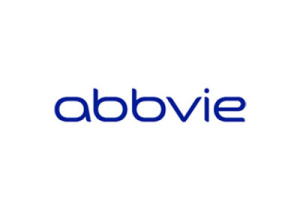
Michal Fedák
Michal Fedák, after graduating with a master's degree in philology (German and Slovak language) at the Comenius University in Bratislava (Faculty of Arts, 1995 - 2000), first devoted himself to research in the field of colloquial Slovak language at the Linguistics Institute Ľ. Štúra SAS and also worked as a German and Slovak language teacher at primary and secondary schools. In 2004, he joined SAIA, n. o., as head of the Austrian Information Center for Scientific Cooperation (ASO) affiliated to SAIA in Bratislava (2004 – 2007). His main task in this position was to help improve existing and support the establishment of new research collaborations between Austria and Slovakia, including in a multilateral context. Later, he was responsible for the implementation of the National Scholarship Program of the Slovak Republic to support the mobility of students, doctoral students, university teachers and researchers, and since 2009 he has also been appointed as the director of the bilateral intergovernmental program "Action Austria - Slovakia, cooperation in science and education". From August 2009 to April 2019, he served as deputy executive director and member of the executive committee of SAIA, n.o. and from May 2019 he was appointed the executive director of SAIA, n.o. From 7 November 2022, he temporarily suspended his work at SAIA, n. o. and was entrusted by the Government of the Slovak Republic with the function of State Secretary of the Ministry of Education, Science, Research and Sports of the Slovak Republic. Under his management, the organizational units of the Ministry are responsible for the agenda in science, research and higher education.
In the past, Michal Fedák actively participated in the creation of the currently valid law on universities (as a member of the ministerial commission) and other policies and documents related to changes in the higher education system of the Slovak Republic as part of the Bologna process. In the years 2000-2002 he was a member of the national steering committee of the EU Leonardo da Vinci II and in the years 2002-2008 a member of the Board of Directors of the Slovak Youth Foundation / Intenda Foundation. From 2004 to 2013, he was also a member of the Academic Ranking and Rating Agency (an independent agency that prepared rankings of Slovak universities and research organizations). During the duration of the EU Horizon 2020 programme, he was a national expert for the Marie Skłodowska-Curie Measures. He also cooperated with the Ministry of Education several times as an evaluator or a member of selection committees within the framework of calls for development projects of universities. He also served as a member of the Steering Committee of priority axes 9 to 12 of the Operational Program Integrated Infrastructure (former Monitoring Committee of the Operational Program Research and Innovation). He also participated in the content of the Strategy for the Internationalization of Higher Education until 2030, which was prepared by the Ministry of Education, Science, Research and Sport of the Slovak Republic and which was approved by the Government of the Slovak Republic in December 2021, and in the creation of Component 10 of the Recovery and Resilience Plan of the Slovak Republic aimed at attracting and retaining talents . At the end of 2021 and the beginning of 2022, he participated as a member of a wider working group in the preparation of the long-term intention of the Ministry of Education in educational, research, development, artistic and other creative activities for the field of universities until 2027 (the document is still in the process of preparation)
Among other things, Michal Fedák's areas of expertise include legislation regarding the residence of foreigners and practical issues regarding residence permits and visas (with a focus on students, university teachers and researchers), transparent and effective selection procedures (preparation and implementation) in scholarship programs and also the promotion and internationalization of Slovak higher education. As part of his professional development, in 2014 he completed a stay focused on contemporary challenges in higher education ("Contemporary Challenges in Higher Education") as part of the International Visitor Leadership Programme funded by the US government.
In the past, Michal Fedák actively participated in the creation of the currently valid law on universities (as a member of the ministerial commission) and other policies and documents related to changes in the higher education system of the Slovak Republic as part of the Bologna process. In the years 2000-2002 he was a member of the national steering committee of the EU Leonardo da Vinci II and in the years 2002-2008 a member of the Board of Directors of the Slovak Youth Foundation / Intenda Foundation. From 2004 to 2013, he was also a member of the Academic Ranking and Rating Agency (an independent agency that prepared rankings of Slovak universities and research organizations). During the duration of the EU Horizon 2020 programme, he was a national expert for the Marie Skłodowska-Curie Measures. He also cooperated with the Ministry of Education several times as an evaluator or a member of selection committees within the framework of calls for development projects of universities. He also served as a member of the Steering Committee of priority axes 9 to 12 of the Operational Program Integrated Infrastructure (former Monitoring Committee of the Operational Program Research and Innovation). He also participated in the content of the Strategy for the Internationalization of Higher Education until 2030, which was prepared by the Ministry of Education, Science, Research and Sport of the Slovak Republic and which was approved by the Government of the Slovak Republic in December 2021, and in the creation of Component 10 of the Recovery and Resilience Plan of the Slovak Republic aimed at attracting and retaining talents . At the end of 2021 and the beginning of 2022, he participated as a member of a wider working group in the preparation of the long-term intention of the Ministry of Education in educational, research, development, artistic and other creative activities for the field of universities until 2027 (the document is still in the process of preparation)
Among other things, Michal Fedák's areas of expertise include legislation regarding the residence of foreigners and practical issues regarding residence permits and visas (with a focus on students, university teachers and researchers), transparent and effective selection procedures (preparation and implementation) in scholarship programs and also the promotion and internationalization of Slovak higher education. As part of his professional development, in 2014 he completed a stay focused on contemporary challenges in higher education ("Contemporary Challenges in Higher Education") as part of the International Visitor Leadership Programme funded by the US government.
Sign in to Autumn ITAPA 2024




















